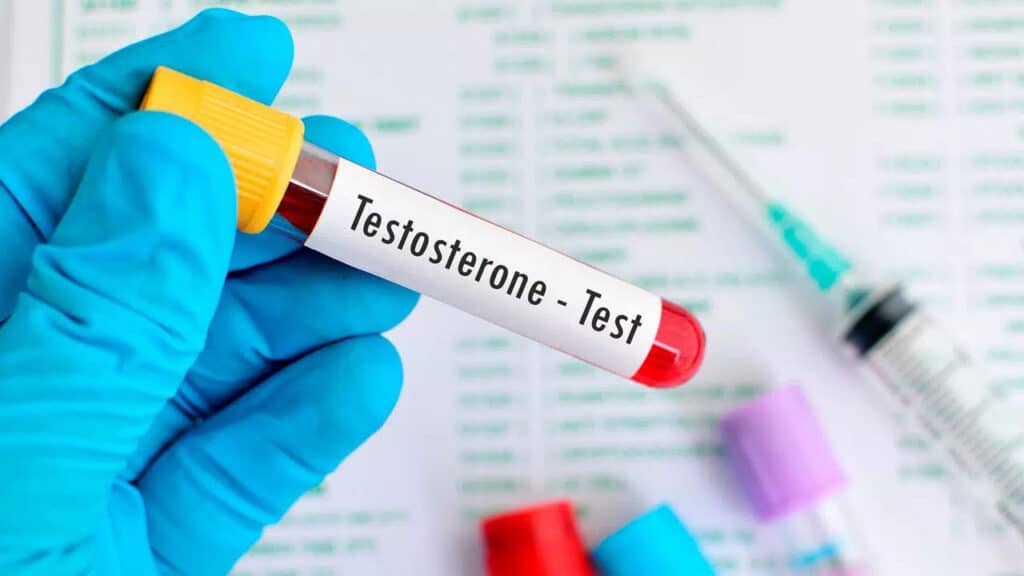Testosterone has a bad reputation as far as hormones go. It’s associated with cheating at sports and violent, aggressive behavior in the everyday world. It’s also thought of, somewhat erroneously, as the “male” hormone, despite it being present and important in most women. Let’s talk a little about how it actually works.
Not everything you hear about testosterone is wrong. It is a major contributor to muscle growth, deepening voices, facial hair, libido and all the other traits associated with male puberty. That’s because men tend to have higher testosterone levels than women, although exactly what constitutes a normal or healthy level is a little harder to define.
Part of the reason for this is that testosterone levels can vary widely, even within a single person. There can be spikes and troughs throughout the day, let alone the changes that occur over the years due to age. There may not be a testosterone-based equivalent of menopause, with its sudden and dramatic hormonal shifts, but once you reach middle age, testosterone levels can drop by 1% or 2% per year. Of course, as with so many health-related matters, there are also huge differences between individuals.
Some lowering of testosterone with age is natural and the body will learn to deal with it, but if it drops too much, it can lead to fatigue, loss of concentration, low moods and reduced sex drive. In these cases, testosterone replacement therapy may be able to create a major boost to energy, cognition, mood and physical strength. Not many people know that low testosterone can cause these kinds of symptoms, however. They may think they’re just getting old and might not find out if their discomfort can be treated.
It’s not very often that men have what are considered excessively high levels of testosterone, and when they do, it’s normally a side effect of something like steroid abuse, which isn’t uncommon in athletes and is most easily remedied by stopping dosing. For women, excess testosterone can be associated with a range of conditions, such as polycystic ovary syndrome. There are medications, such as spironolactone, that can stop testosterone from working effectively and thereby mitigate its excess.
As you can see, testosterone is a lot more complicated than you might think, and determining whether your own testosterone levels are good may tell you a lot about your overall health.




